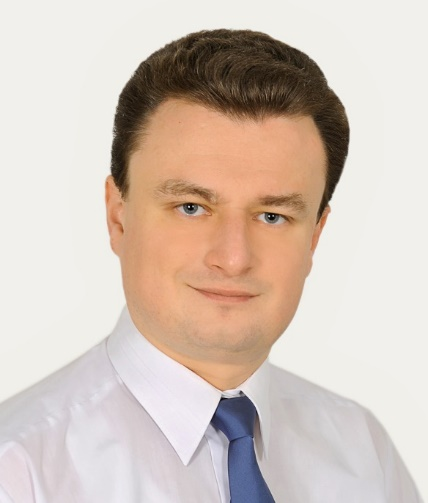Guest Editors
Prof. Dr. Martin Herrmann
Email: Martin.herrmann@medma.uni-heidelberg.de
Affiliation: Department of Pediatric Surgery, University Medical Center Mannheim, Heidelberg University, Mannheim, Germany
Homepage:
Research Interests: NETs, pathogenesis, inflammation, chromatin filaments, pathologies, blood vessels, enzymes and proteins

Prof. Dr. Rostyslav Bilyy
Email: r.bilyy@gmail.com
Affiliation: Institute of Cellular Biology and Pathology "Nicolae Simionescu", 8B.P. Hasdeu Street, Sector 5, Bucharest, Romania;
Danylo Halytsky Lviv National Medical University, Department of Histology, Cytology, and Embryology, 79010 Lviv, Ukraine
Homepage:
Research Interests: plasma membrane, modulation of inflammation, NETs, neutrophils, cell death, nanoparticles and their interaction with living cells

Summary
Neutrophil Extracellular Traps (NETs) are crucial components of immune defense, yet their dysregulation has been associated with numerous inflammatory and autoimmune diseases. In just over a decade since the initial reports on NETs' pathological implications, extensive research has uncovered their multifaceted roles in disease processes. This progress underscores the need to compile and review the latest and most significant findings, which this special issue aims to achieve.
This special issue aims to delve into the underlying cellular and molecular mechanisms of NET formation (NETosis), their physiological roles, and their pathological consequences in diseases such as cardiovascular conditions, cancer, and autoimmune disorders. By compiling cutting-edge research from experts in immunology, molecular biology, and related fields, this issue seeks to provide a comprehensive understanding of how NETs contribute to both health and disease. The issue will focus on unraveling the signaling pathways that regulate NETosis, identifying new therapeutic targets to modulate NET activity, and exploring the broader implications of NETs in different physiological and pathological contexts.
Key areas of focus include but are not limited to:
1. Molecular Mechanisms of NET Formation:
- Investigating the intracellular signaling cascades and molecular regulators involved in NETosis.
- Exploring the roles of NADPH oxidase, neutrophil proteases, and chromatin remodeling in NET formation.
2. NETs in Infectious and Inflammatory Diseases:
- Examining how NETs contribute to pathogen clearance during infection, and their role in exacerbating inflammatory diseases such as sepsis and rheumatoid arthritis.
- Understanding the balance between protective and pathological functions of NETs in these contexts.
3. NETs and Cardiovascular Disease:
- Unveiling the contribution of NETs to thrombus formation, endothelial damage, and atherosclerosis.
- Investigating the molecular interactions between NETs and vascular cells, and the implications for cardiovascular health.
4. NETs in Cancer:
- Exploring how NETs promote tumor progression, metastasis, and immune evasion in different types of cancer.
- Identifying potential therapeutic strategies targeting NETs in oncology.
5. Therapeutic Modulation of NETs:
- Investigating pharmacological interventions and molecular targets to modulate NET formation and activity in disease.
- Analyzing the therapeutic potential of disrupting NETs in preventing disease progression in autoimmune disorders, chronic inflammation, and metabolic diseases.
We invite original research articles, comprehensive reviews, and perspectives that investigate the cellular and molecular dimensions of NETs and their diverse roles in health and disease. By presenting the latest research and emerging challenges, this special issue aims to foster novel therapeutic approaches targeting NETs in a range of diseases, from chronic inflammatory conditions to cancer.
Keywords
neutrophil extracellular traps (NETs), NETosis, immune response, cardiovascular disease, cancer, chronic inflammation, molecular mechanisms, therapeutic targets, neutrophils
Published Papers